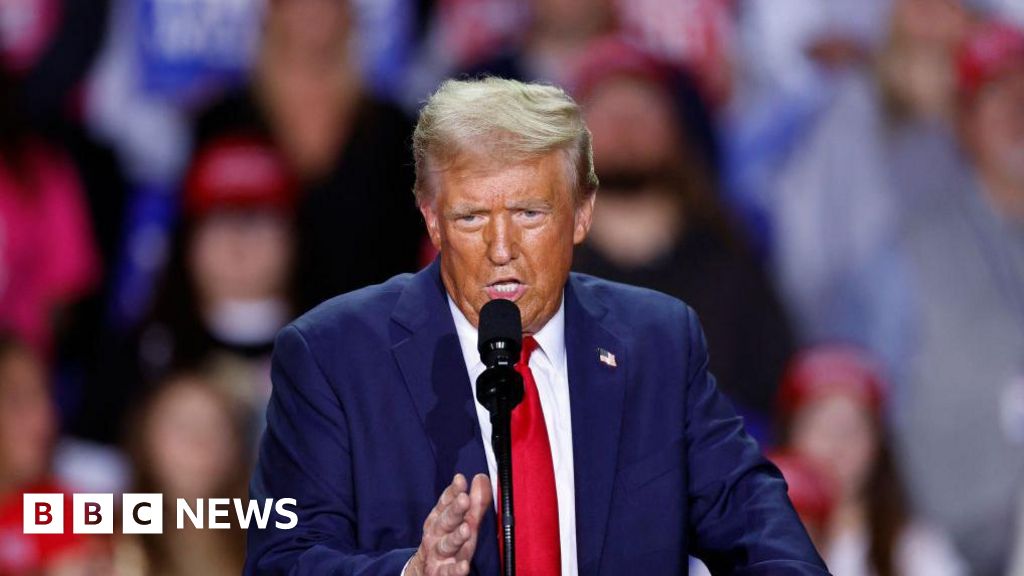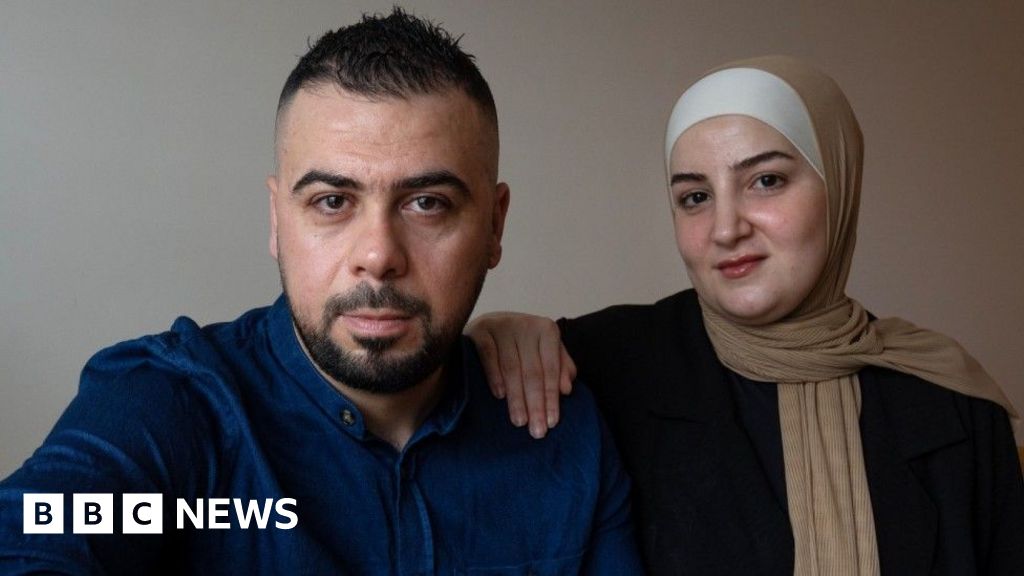The Attorney General and Commissioner for Justice of Sokoto State, Nasiru Mohammed Binji, has explained that no traditional institution has the constitutional power to appoint or depose any traditional ruler.
Binji made the remark on Tuesday at a public hearing on a bill to amend the Sokoto State local government law of 2009 held at the Mini Chamber of the state House of Assembly.
The Commissioner noted that according to the constitution of the federal republic, the power to appoint or dethrone any traditional ruler be it District or Village head lies on the powers of the executive directly or indirectly.
He added that the only person who exercises the executive powers of a state is the executive governor, stressing that the power to appoint or dethrone any District or Village head is the prerogative powers of the executive as spelt in section 5 sub-section 2 of the constitution.
According to him, “Section 17 subsection 1 of the Nigerian constitution provides an advisory role only to traditional institutions, that’s to advise states and local governments on cultural and chieftaincy matters in their respective states.”
The Attorney General stated that the Sokoto State Government is trying to set records straight based on the constitutional provisions and avoid a long tradition whereby Sultan Appoints and dethrone traditional rulers in the state, as it is becoming much inconsistent with the provisions of the Nigerian constitution.
If amended, he said the new law would pave the way for effective monitoring and supervision of activities of District and village heads in the state.
Dr Balarabe Shehu Kakale a former member of the National Assembly, in his submission, explained that acting on behalf of the Sokoto Indigenous Association enjoined members of the state legislative house to quash the bill, as it’s political and lacks the support of the majority of the state Indigenes.
He assured that his Association would not support any attempt to suppress the powers of the sultanate and advised the legislature to enact a separate law for the already established Sultanate council.
















 English (US) ·
English (US) ·